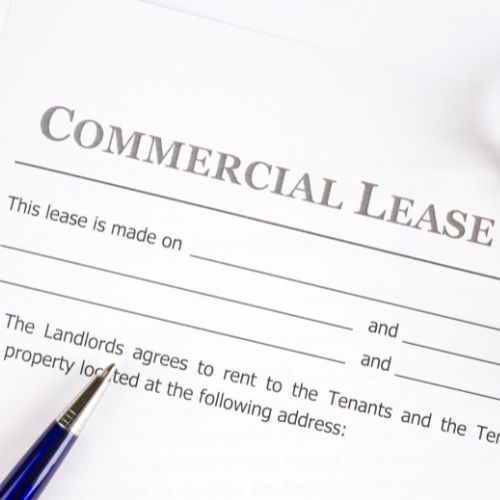Huw Worthington Commercial Partner Worthingtons Solicitors Belfast discusses recent Court of Appeal Decision and its effect on commercial lease disputes in Northern Ireland
When a tenant has a right to determine a lease during the term for a specific reason or upon a certain date, the Landlord will usually only permit such termination in situations where the Tenant has paid all rent and rates in advance of the termination date and in circumstances where the tenant is not in breach of covenant by the time the Tenant actually departs.
However, what happens in situations where a tenant has complied with the terms of the break notice, validly exercises the break notice and then seeks a refund in respect of rent or other charges or expenses paid for periods beyond the actual break date? Can the tenant actually recover such sums already paid? Recent case law surrounding break clauses examines the situation in considerable depth and clarifies the position for property lawyers.
In the case of Marks and Spencer plc (Appellant) v BNP Paribas Services Trust Company (Jersey) Limited and another (Respondents) [2015] UKSC 72, the tenant , Marks and Spencer, wanted to exercise its contractual option to break the lease. The break clause was conditional on there being no arrears of rent or VAT on rent and upon paying the landlord a sum of just under £1,000,000 which was equivalent to a year’s rent. Rent was payable quarterly under the lease but the actual break date upon which the Tenant was due to depart fell within the first quarter of 2012, namely 24th January 2012. The Tenant had paid rent for a full quarter from 25th December 2011 together with a full quarter’s car parking charges and service charge. The Tenant sought reimbursement of overpaid rent from the Landlord for the period from 25th January 2012 to the end that quarter – 24th March 2012 along with six months payment already made for insurance. The Landlord refused to reimburse.
The Landlord argued that lease did not provide for the repayment in spite of the fact that the Tenant had validly exercised the break clause. The High Court allowed the reimbursement of sums paid from the break date of 24thJanuary to 24th March 2012. The Landlord appealed the decision to the Court of Appeal where the Landlord was successful. Upon appeal, the court took the reasonable view that it is not possible to read an implied term into a lease to effect a reimbursement of the payments. Marks and Spencer plc appealed to the highest court in the land, the Supreme Court. The only way Marks and Spencer plc had any chance of succeeding was to argue that the landlord had an implied obligation to repay the monies, but they were ultimately unsuccessful. In a fascinating discourse on the nature of implied terms, the Supreme Court was very clear in that a term will only be implied if it satisfies the test of business necessity and set out a series of ingredients which will assist lawyers in deciding whether a term can be implied or not. Interestingly, fairness is not one of the terms. The fact that it may appear to be unfair that monies were not refunded to Marks and Spencer plc is irrelevant and a term should not be implied into a detailed commercial contract on grounds of fairness.
Clearly, if you are contemplating becoming a tenant of commercial property under a commercial lease and you want to negotiate a break date in your lease, you should ensure that you are entitled to reimbursement of any sums that relate to the period beyond the break date. You should not assume in any future dispute that a court will allow a reimbursement of overpaid rent regardless of the discussions you may have in advance of the lease. Always seek the advice of a solicitor when negotiating complex commercial terms.


